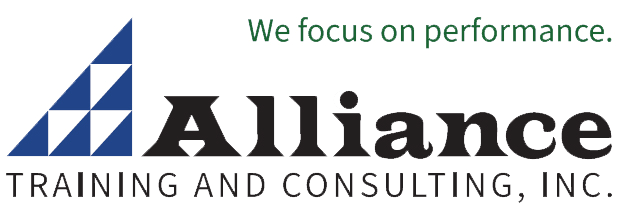Writing Reports and Proposals
 Courseware Includes:
Courseware Includes:
 Intellectual Property:
Intellectual Property:
This course is intended to help you do the writing your job demands. If you are a manager at any level in business, government, or industry, you must write reports. Whether you want to or not, you write to explain things, to smooth relationships and to convince others of the value of some course of action. Writing must be clear, concise, complete and correct. It must also convey your message in a courteous tone. The workshop will help you to identify the range of this kind of writing, the forms it takes, and the persuasive techniques it requires.
How You Will Benefit:
- To learn the value of good written communications
- To develop paragraphs that introduce, connect, develop, and conclude some part of an idea
- To prepare reports and proposals that inform, persuade and provide information.
- To learn how to proofread your work so you are confident it is clear, concise, complete and correct
- To provide an opportunity to apply these skills in real work applications
What You Will Cover:
- Clear, concise, complete, correct
- Constructing paragraphs
- Readability index
- The four stages of report writing
- Planning reports: PAFEO
- Editing and revising
- Direct vs. indirect approach
- Organizational strategies
- Headings and subheadings
- Tables and graphs
- Format for reports
- Reports vs. proposals
- Steps in the persuasion process
Business Writing that Works
 Courseware Includes:
Courseware Includes:
 Intellectual Property:
Intellectual Property:
For those who must write as part of their job, being able to write well is a real career boost. Learn how to capture your thoughts on paper so they are strong and persuasive, but at the same time clear, concise, complete and correct.
We can think about writing either as a process or as a product, the finished piece of writing. If we can think of it as a process, then by changing the way we go about writing, we can change the finished product. While participants will still be aiming to turn out a good product, their sense of satisfaction will arise partly from a greater appreciation of the process by which they get there. This workshop will concentrate on the nitty-gritty details that writers have to contend with, and give them some practical advice on making the job less difficult. They will also have opportunity to discuss their writing problems and share solutions with others in the workshop.
How You Will Benefit:
- Have a better grasp of the basics of writing—that is, better appreciate the grammar, spelling, punctuation and sentence structure required for writing correctly
- Practice the ability to write concisely and clearly, so that the reader will grasp quickly the message of the written material
- Learn the process of gathering material, putting it in a format that addresses the points under discussion, and bringing closure to the situation through recommendations or next steps
- Develop a writing style in keeping with that used by experienced writers
What You Will Cover:
- The Four C’s
- Active vs. Passive voice
- Punctuation Tips
- Sentence and Paragraph Structure
- Writing Business Letters
- Writing Reports and Memos
- Inclusive Language
- Spelling and Proofreading
- E-mail Etiquette
Advanced Writing Skills
 Courseware Includes:
Courseware Includes:
 Intellectual Property:
Intellectual Property:
This is a one-day workshop for those who are already good writers. Our time will be devoted to writing letters of recommendation, of persuasion, of refusal or of action, that reflect current word usage and up-to-date formats. You can also become more skilled at writing business cases, proposals and reports, and learn a bit more about e-mail etiquette.
How You Will Benefit:
- Discuss your writing challenges
- Learn how to make your writing clear, concise and correct
- Improve sentence construction and paragraph development
- Identify some ways to make your writing simpler and easier to read
- Learn about a tool that can determine how readable your work is
- Develop effective business letters for tough situations
- Discuss e-mail etiquette
- Develop an appropriate writing style and format for your letters, business cases, and reports
- Recognize standard ways of documenting materials
What You Will Cover:
- How to make your writing clear, concise and correct
- Types of words and when to use them
- Using inclusive language
- Seven ways to simplify your writing
- Sentence and paragraph construction
- Business letter formats
- How to write a report or proposal
- How to write a business case
- How to write a request for proposals
- E-mail etiquette
- Documenting sources

